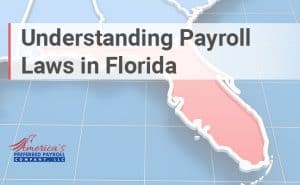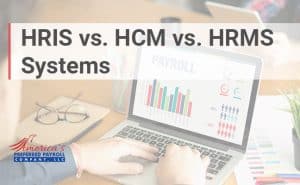If you are a business owner, then you are quite familiar with payroll taxes – or at least you should be since all business owners are legally obligated to withhold payroll taxes. Failure to do so can cause additional fines and penalties to be charged against you. If you are not currently a business owner but you are considering opening up your own business, this can also be quite beneficial for you as well.
What Payroll Taxes Are There?
- Federal Income Tax
This tax is applied to all forms of earnings that make up an employee’s taxable income – after certain deductions are first withheld (like medical insurance premiums). The amount withheld depends on where the employee falls in the Wage Bracket, their marital status, and the number of allowances they entered on their Form W-4.
- Medicare and Social Security Tax
Also known as FICA, or Federal Insurance Contributions Act. Both employees and employers must contribute to FICA. The current rate for Social Security is 6.2% for both the employee and the employer. Social Security places a cap on the maximum wage that is subject to the tax, which for 2018 is currently set at $128,400. Medicare on the other hand is currently set at a rate of 1.45% that is also matched by the employer at the same rate and does not have a maximum wage limit.
- State and Local Taxes
State and local taxes vary greatly across the nation. 43 states have a state income tax; Alaska, Florida, Nevada, South Dakota, Texas, Washington, and Wyoming do not. Some local municipalities (based on the city, school district, or county an employee works in) may also impose their own tax that require payroll withholding. To know if your company is located in an area that require local withholding and how much should be withheld, check your local government agency.
When And Where to Deposit?
Business owners must file Form 941, Employer’s Quarterly Federal Tax Return, federal income tax or Social Security and Medicare taxes are withheld from employee paychecks. The IRS allows businesses to deposit their payroll withholdings for Federal Income Tax, Social Security, and Medicare on a monthly or semi-monthly basis. Your deposit schedule is determined by your total tax liability from Form 941.
As for State and local taxes, this information can vary from state to state and when and where to file can be found by contacting the state’s or local municipality’s agency.
Unemployment Taxes
Federal and State unemployment taxes are not withheld from an employee’s paycheck but are rather paid for by the employer (except in New Jersey, Pennsylvania, and Alaska).
Payroll Companies Save You The Hassle
Withholding the correct amount of taxes and making sure these funds are timely deposited to the corresponding agencies can be quite complicated and sometimes confusing. Trust in America’s Preferred Payroll Company to handle the stress of Federal, State, and Local tax withholdings and deposits. Never worry about missing a filing deadline again with APPC at your side!













